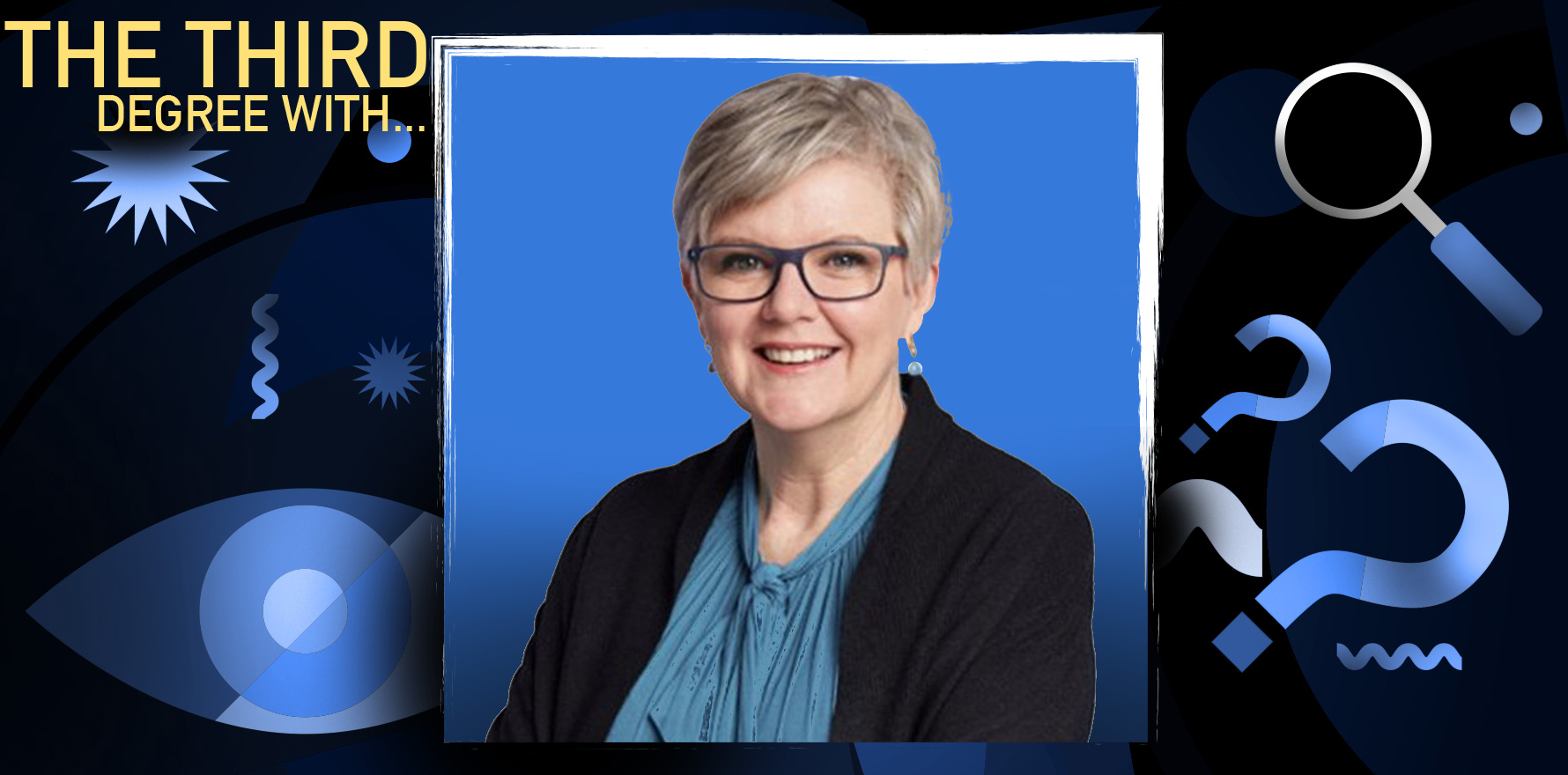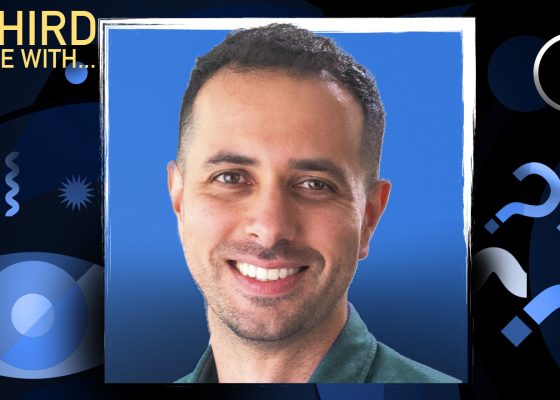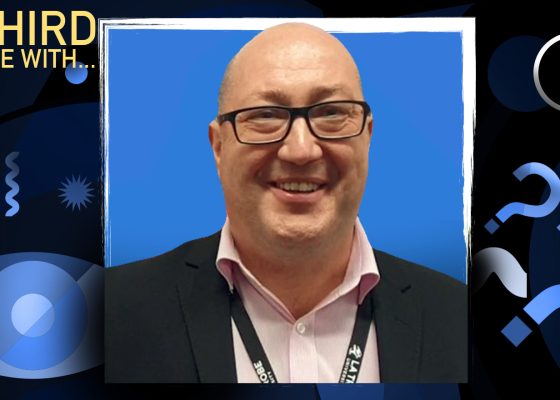The chief of one of Australia’s oldest disability services shares her thoughts about the challenges faced by the sector.
Earlier this month, one of Australia’s most enduring disability support providers made the “heartbreaking” decision to cut services in response to rising financial pressures.
The Australian Foundation for Disability (Afford) announced plans to close its community centres and Australian Disability Enterprise-supported employment factory in the NSW suburb of Minchinbury later this year.
Afford has been a major player in the Australian disability service sector for almost 75 years and been through plenty of hard times before.
Afford CEO Jo Toohey says the organisation is far from alone in its financial struggles, with many providers having to make tough decisions such as cutting services, merging with other providers or closing altogether.
She said the foundation was devastated by having to make the decision to cut services.
“Finding ourselves here is heartbreaking,” she said.
“We’re deeply concerned about how everyone will feel and how they’ll take the news, and our top priority will be to provide support and care for our people. But we’re also worried about the disability sector in general right now … it’s no secret we’re all under intense pressure.”
She shared her thoughts about the industry with Health Services Daily.
HSD: How do you feel about having to make this announcement?
JT: Genuinely gutted. Everyone at Afford is devastated that we find ourselves here.
Sadly, we have no other choice. If we don’t make these changes other services and clients will be at risk. We know people will be upset and fearful.
But we are determined to support them in every way we can. We have no intention of leaving anyone behind.
HSD: How do you feel about the state of the Disability Service Provider sector currently?
JT: There’s no question that the sector is going through a period of transformation, which is bringing its own set of challenges.
There is widespread fatigue for frontliners who are spending less time doing what they’re most passionate about – supporting those who need it – and more time on managing paperwork.
There are also times when it seems we’re an easy target … a bit of a political football.
That can wear you down, whether you work in the sector or live with disability yourself.
I feel positive about the sector overall, however. It’s made up of dedicated, passionate people who will continue to go above and beyond to ensure people with disability have access to the support they need. I don’t see that changing any time soon.
HSD: Do you think the sector has been impacted by the NDIS and if so how?
JT: The federal government has brought in a range of reforms to improve how the scheme works. They’re designed to improve accountability and service quality, and we support that.
They also mean we have to focus on delivering sustainable, high-quality services and to ensure our clients’ voices are front and centre. We’re all for that.
Obviously, we understand and appreciate cost as a consideration when it comes to the broader economy and workforce, but sometimes it feels like the more recent reforms have been used to generate sensational headlines than to deliver genuine change for the better.
Also, those headlines cause fear and anxiety for participants who are uncertain whether they will have ongoing care and support.
HSD: What do you see for the future of the sector?
JT: The NDIS was designed to empower participants and improve service quality, which we support 100 per cent. This is why we work in this sector – to provide support to those who need it.
The introduction of the scheme has seen funding increase and more people able to receive services they desperately need. That’s everything we work for and it’s deeply gratifying seeing it happen.
But I do think our sector as a whole needs to look beyond the NDIS as well. We’re working on introducing offerings that will help support people with disability at every stage of their life, and not just limited to those with NDIS funding.
Related
Not all people with disability have been able to access the scheme and others may have in the past but will not be able to in the future. The goal posts are continually moving. This is another reason why government needs to keep a broad eye on human services in general and how, why and where they directly affect our communities.
The NDIS, aged care, health and education departments tend to operate in silos and I think would benefit from more open communication.
HSD: What’s next for Afford?
Organisations like ours need to start thinking about how we might grow and evolve. The world is changing and we all need to keep pace.
Take the proposed Foundational Supports model for example … we’re interested to see how this plays out, if it delivers on its promises and makes life for people with disability better.
And we also need to keep pace with recommendations to move away from segregated services. We believe in this completely. Our aim is to see people with disability included in all facets of life, but the reality of making it happen is very complex and requires a community wide response and we do worry some people will slip through the cracks.
HSD: How do you think we [Australians] treat people with disability?
JT: It’s a sweeping generalisation of course, but I really believe most Australians believe in a fair go for all and obviously, that includes people with disability.
There is and always will be the odd unscrupulous character who treats people with disability, and others, dreadfully. I think they’re the minority.
Our government talks big about making changes and doing the right thing but I’d like to see more progress when it comes to human rights in general. We’re a signatory to the UN convention on human rights for people with disability – we should be honouring that.
HSD: What does the sector get wrong – and what is it getting right?
JT: The sector is made up of people who care greatly about the fundamental rights of people with disability and making sure everyone is treated with dignity and respect.
These are the most caring, kind, compassionate people you can imagine. We get this very right.
What we do struggle with as a sector is not being able to offer our clients as much choice as we would like to. We frequently find ourselves having to take a more generalised approach to the services and programs we offer so that we can stay viable long term.
HSD: Why are you passionate about this sector – why work in such a difficult industry?
JT: I’ve worked in human services for more than 30 years … that’s across aged care, child, youth and family and disability services.
I do it because I believe in championing inclusion and opportunity for people of all ages and abilities. There are people in our community who need our support so that they can access the opportunities available to everyone else – I am determined to see they get it.
HSD: What do you say about the fraud / rort narrative we’re seeing of late?
JT: It’s interesting that we’re seeing so many stories about this currently. There’s no doubt it does happen.
But the truth is most providers are compliant, ethical and operating on very thin margins.




